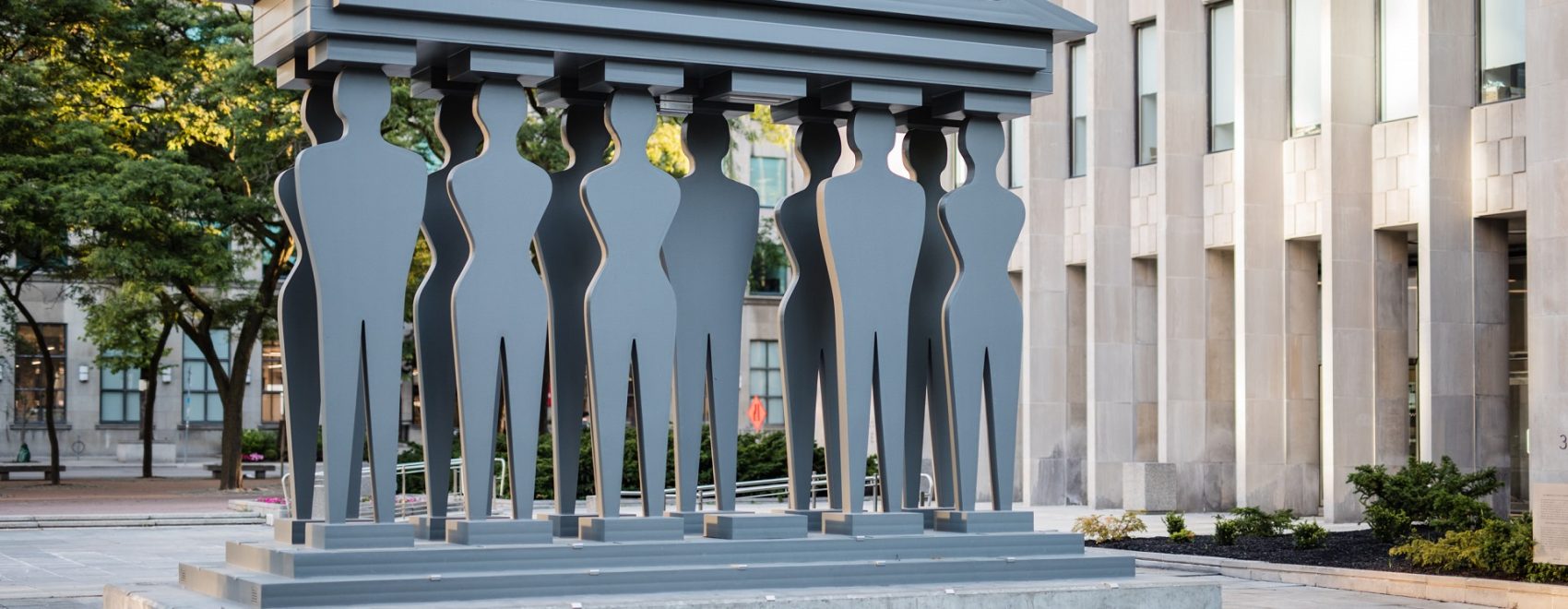In 2019, the federal government abolished peremptory challenges. As a result, the defendant and the prosecutor can no longer use peremptory challenges to remove a number of prospective jurors. This is important because the peremptory challenge played a significant role in jury selection. The challenge would automatically remove a prospective juror. There was no need to give reasons or an excuse.
The peremptory challenge had always been a part of jury selection in Canada. Each side could use up to 20 challenges for the most serious crimes. Such as first degree murder or high treason. However, the majority of jury cases are for less serious offences. These allow for 12 challenges for each party. And some minor offences allow 4 challenges. Unsurprisingly, the peremptory challenge was the most useful and utilized tool by lawyers during jury selection.
The focus will now shift to other legal actions to ensure that a jury is independent and impartial. In addition to being impartial and independent, jury selection should promote and encourage representativeness of the jury as the conscience of the community.
There are now three aspects to jury selection. First, prospective jurors are randomly selected from the community and randomly drawn from the roster. Second, the challenge for cause provisions. And third, the stand aside provisions.
Random Selection of Jurors
Provincial authorities bring together a jury roster called the jury roll. Significantly, there is a constitutional obligation on provincial authorities to draw from a broad cross-section of society in compiling the jury roll.
Similarly, once in court, the court randomly selects prospective jurors. They do this by drawing from a collection of cards with the prospective jurors’ name.
Challenge for Cause
The challenge for cause allows a judge to ask a prospective juror questions about the impartiality of the juror. For example, the lawyers can point to a characteristic of the defendant or the complainant and ask the prospective juror whether they hold any opinions about such characteristics.
As a result of these questions, the judge can excuse a prospective juror who proves to be partial to one side or the other.
Stand Aside Provision
Judges can stand aside a juror to “maintain public confidence in the administration of justice”. The stated purpose of this provision is to make room for diverse juries.
However, the stand aside provision is generally used to excuse prospective jurors who find it too difficult to serve because of their personal circumstances or due to the nature of the offences. In addition, a judge can stand aside a prospective juror who is obviously partial.
Deniz Sarikaya is an experienced criminal defence lawyer. He has handled jury trials in homicide cases. He offers a free consultation and can be reached at 647-282-5777. Visit defence-counsel.ca to learn more about Mr. Sarikaya.
